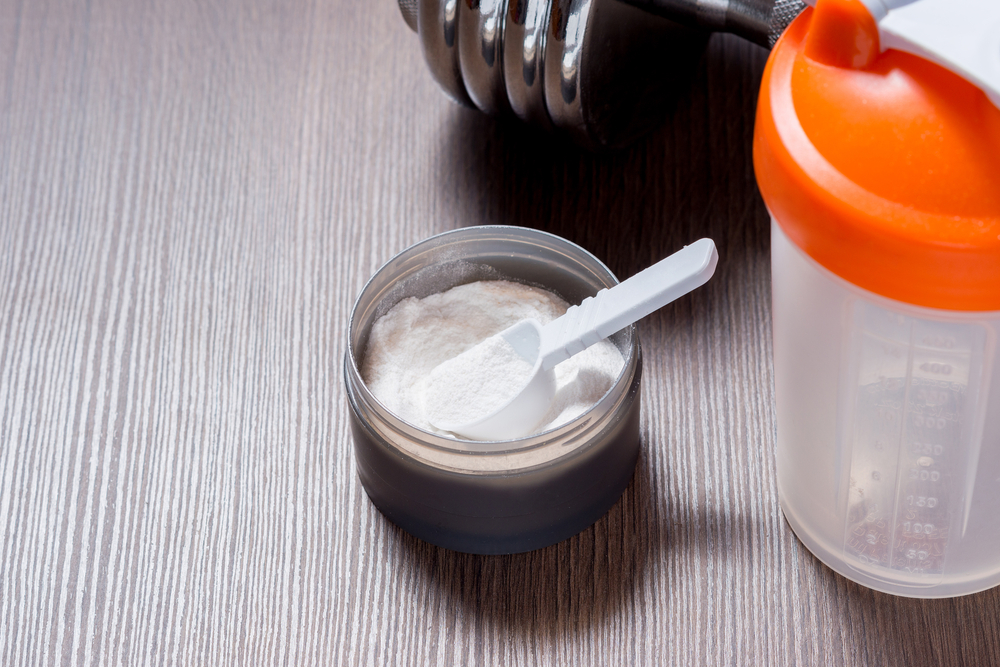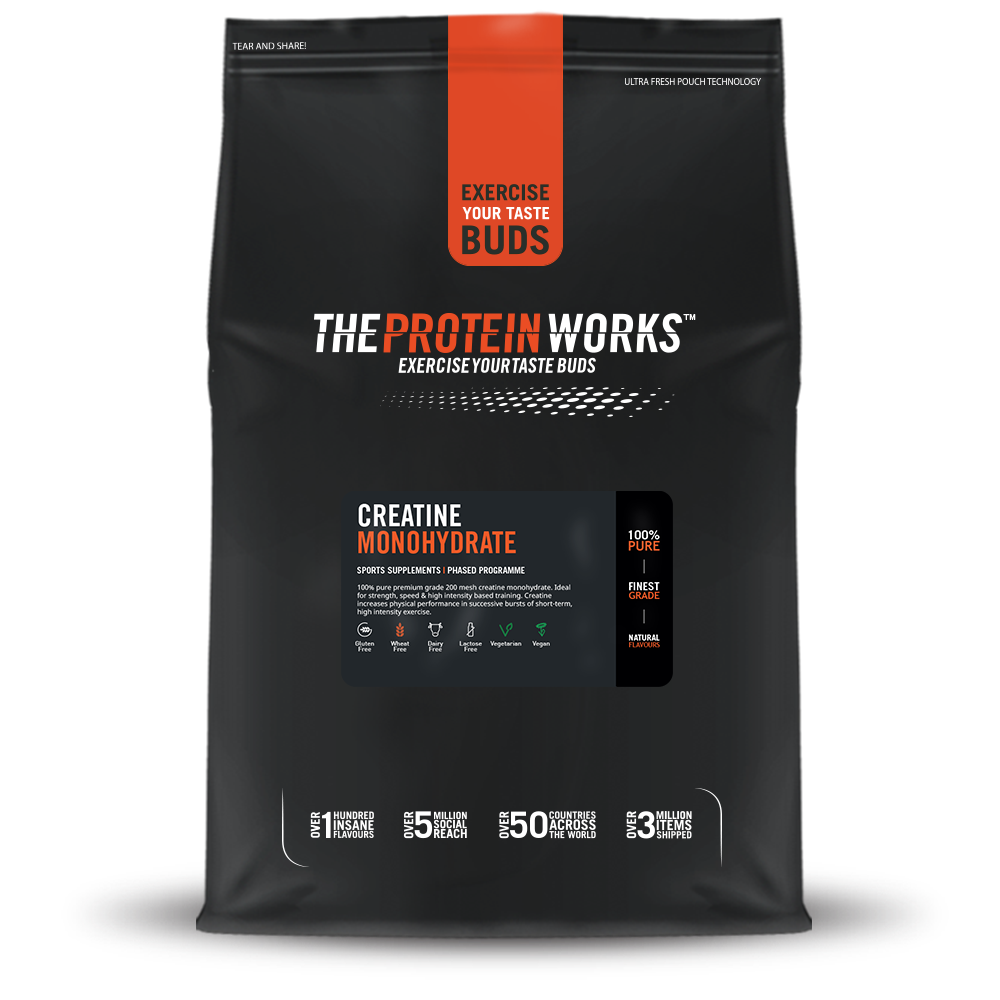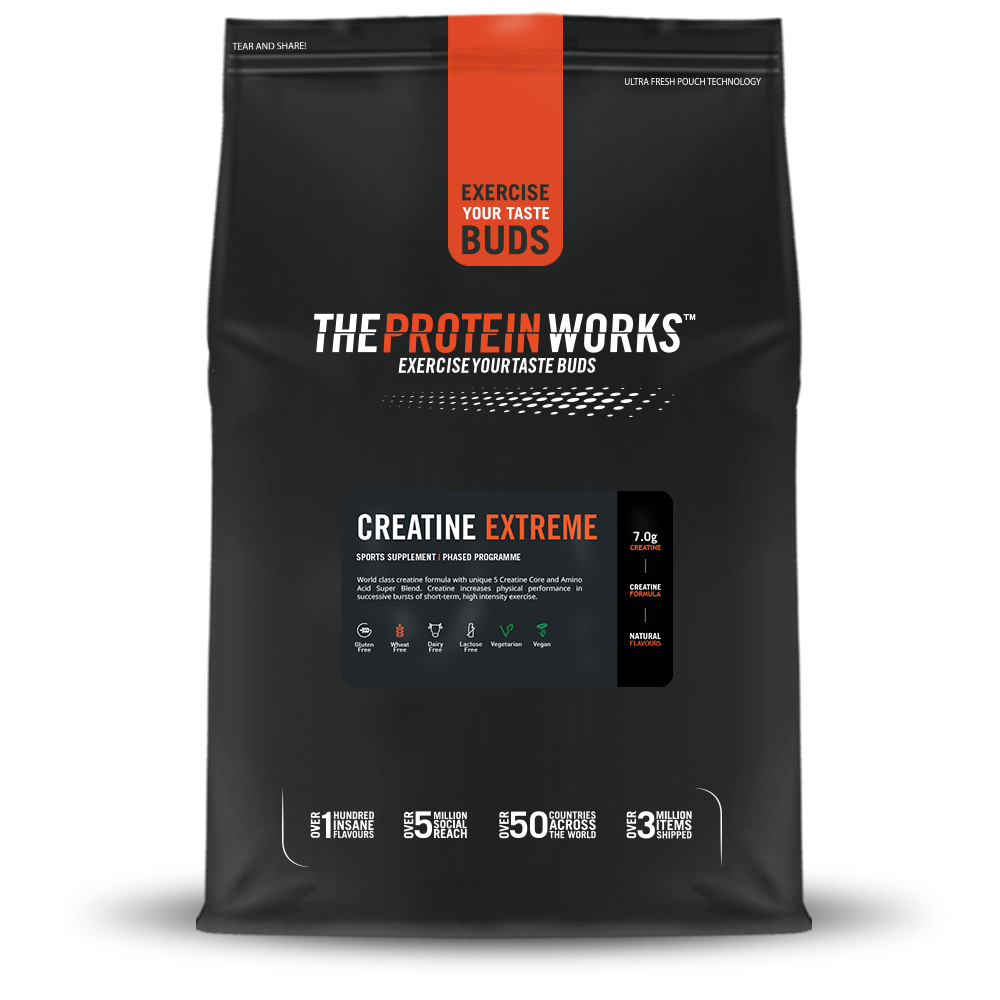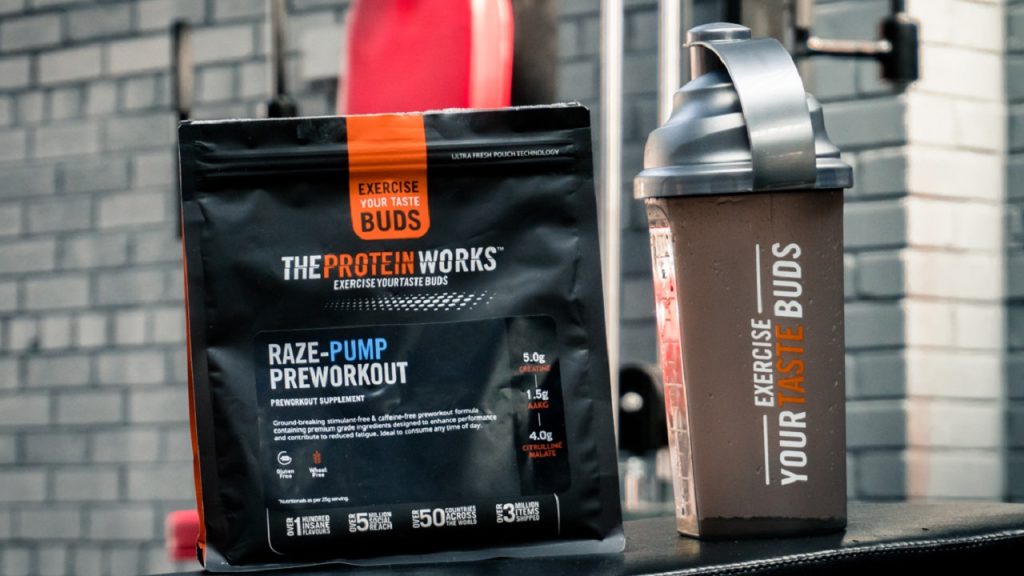Creatine supplementation offers a wide variety of benefits for those engaged in physical activity. Creatine is a particularly effective supplement for those wishing to improve power, body composition and exercise capacity. There are many different forms of Creatine available. The most widely researched form is Creatine Monohydrate and should be the standard against which all other forms are judged.
Is Creatine only for Bodybuilders and Strength Athletes?
Creatine has been shown to increase strength and lean muscle mass more effectively than exercise alone. Consequently, Creatine supplementation should be considered a core component of any bodybuilders’ nutrition and supplement programme. Creatine has also been shown to be a particularly effective means to increase maximum and repeated sprint speed. These qualities combined make Creatine a potentially invaluable aid for those involved in competitive sports such as Rugby, football or any other sport that involves explosive actions.
One sporting demographic has been reluctant to engage with the benefits of Creatine – the endurance athlete and distance runners. This is because of the fact that Creatine supplementation does not directly enhance endurance per se. Moreover, if we consider the body composition of athletes in relation to their chosen event, the Sprinter has fundamentally different physiological needs to the distance runner. A brief comparison of a Usain Bolt to a Mo Farah provides ample indication of this fact. Therefore, if Creatine enhances power and increases lean muscle mass it may be considered beneficial for only the power athletes, such as sprinters, and detrimental to those concerned with endurance sports. However, this isn’t necessarily the case.
Reluctant to Try Creatine?
The combination of research and supposedly ‘common sense’ conclusions have limited the popularity of Creatine supplementation with endurance athletes and have contributed to a false conclusion that Creatine supplementation may be detrimental to endurance performance. This is also true to a certain extent of a female perception that Creatine supplementation may produce an overly ‘muscle bound’ and less feminine physique. However, this is a great over simplification and plainy incorrect – Creatine supplementation merely enhances training results. The application of a wider perspective should ensure that the benefits of Creatine supplementation are made clear. Creatine can prove to be an effective means to enhance performance and endurance when one considers its’ effect on training.
Creatine and Endurance Training
For those engaged in endurance-training protocols a major component of training is running at a variety of paces and over a variety of distances. The higher the intensity and pace of these sessions the better the output performance will become. Creatine has been proven to improve high-intensity running output and decrease the time required to recover from these sessions. In short, you can train harder, for longer and more often as a result of Creatine supplementation in this component of your training. The physiological benefits of Creatine supplementation may therefore improve the overall output and as a consequence, improve endurance output.
Creatine Summary
- Creatine is useful for Endurance Athletes that engage in appropriate training methods.
- Creatine improves strength and power output.
- Take 6-10 grams of Creatine per day for at least three weeks to enjoy maximal benefit.
- Daily creatine consumption gets results – Consistency is key.
- Creatine’s results are enhanced when combined with Whey Protein and Beta Alanine supplementation.









No Comments yet!